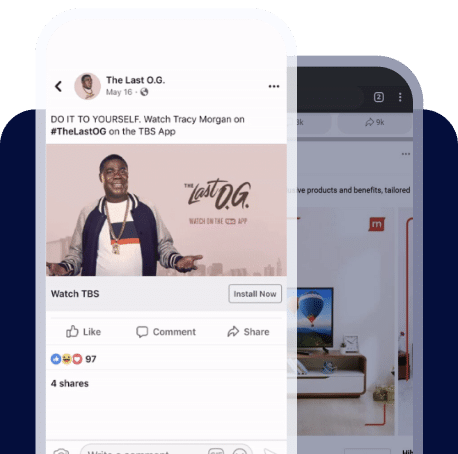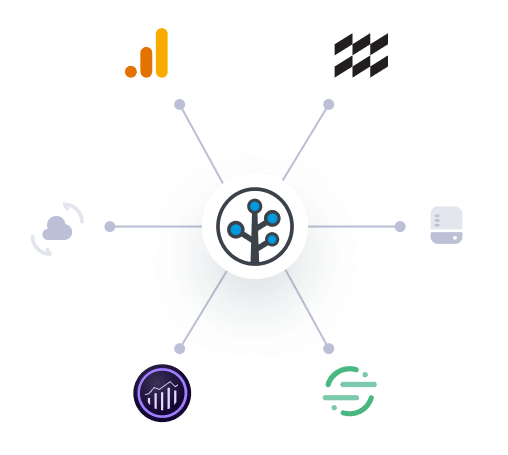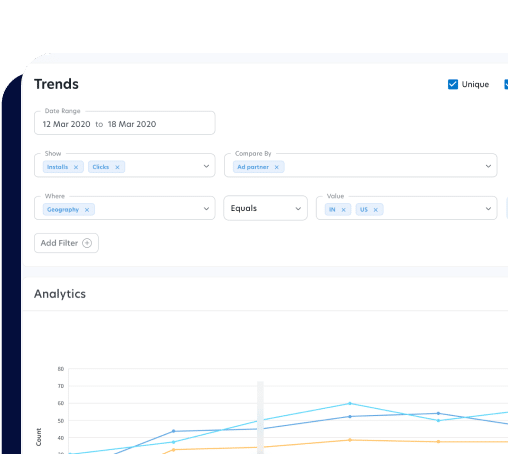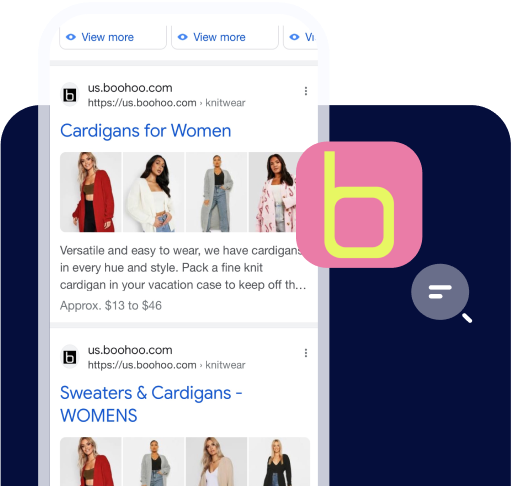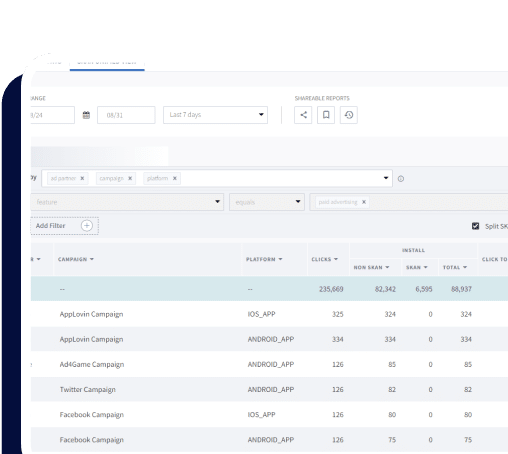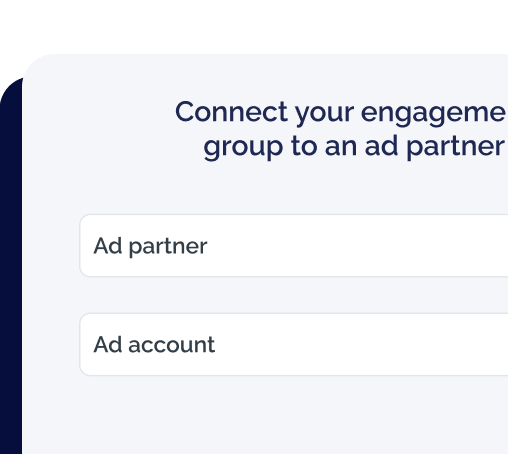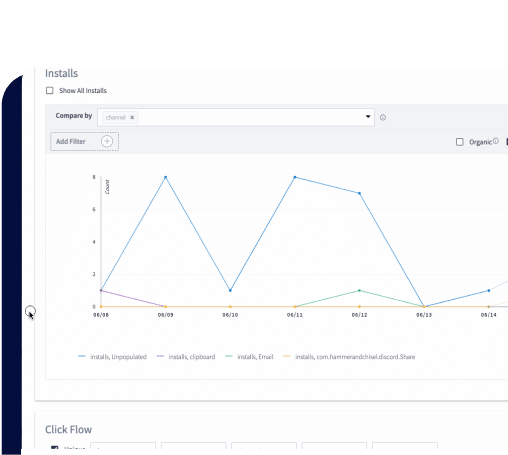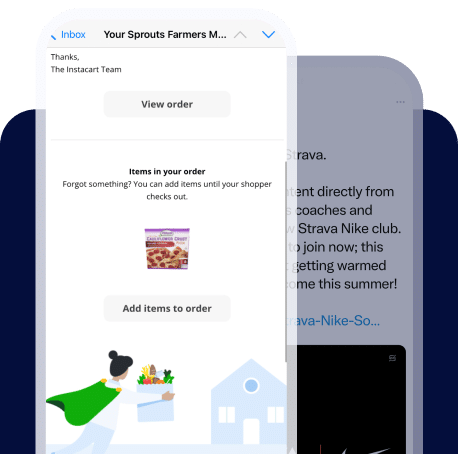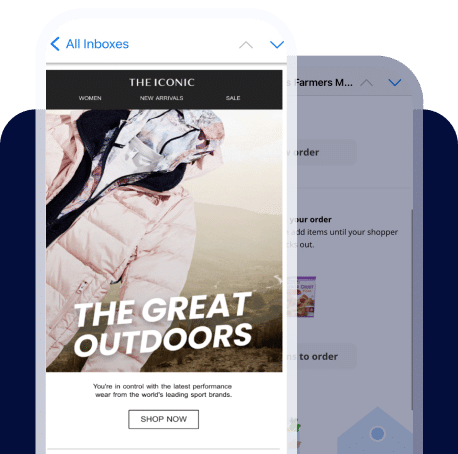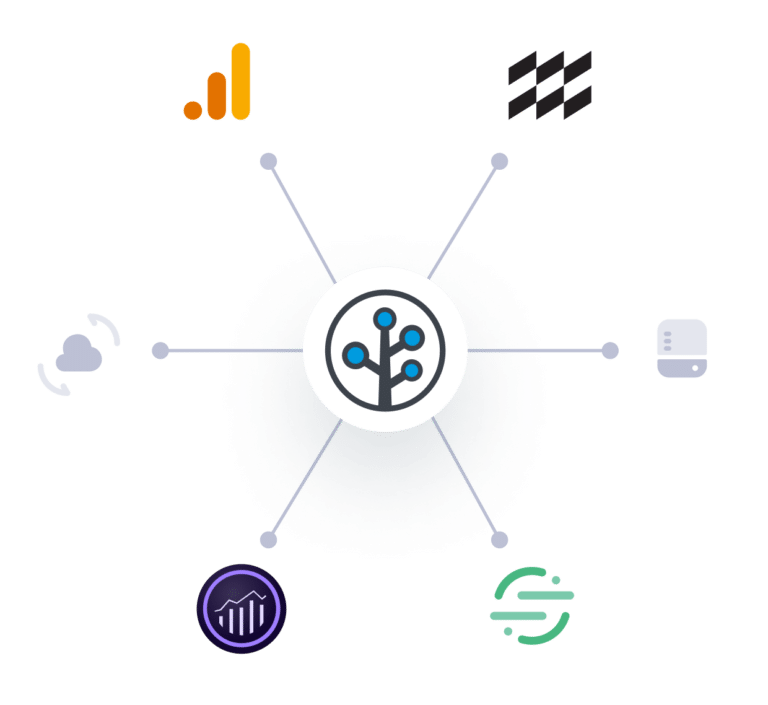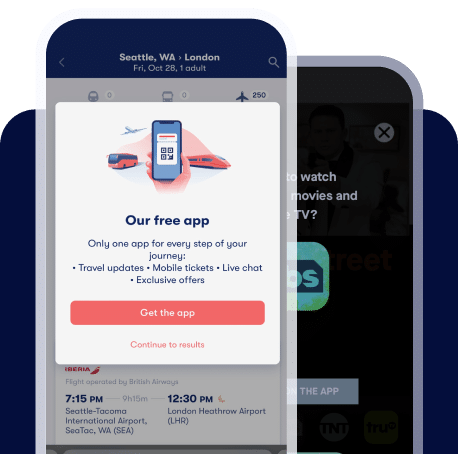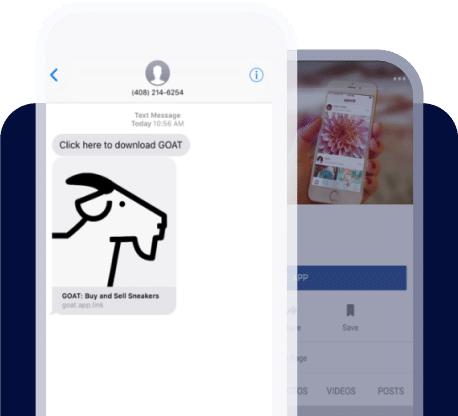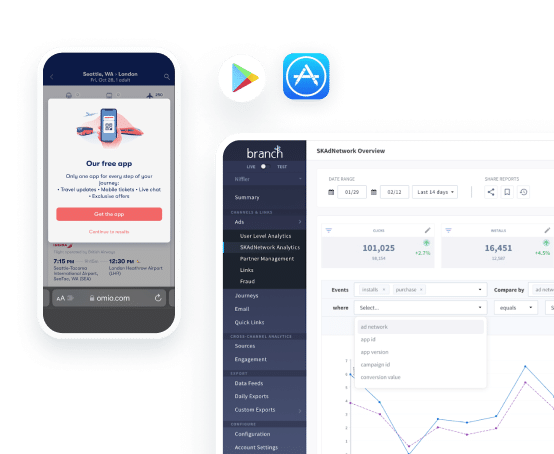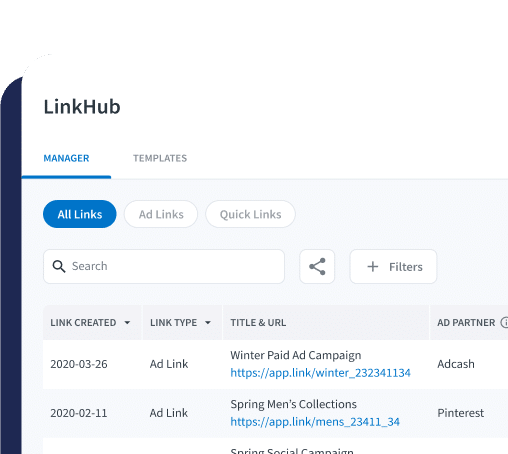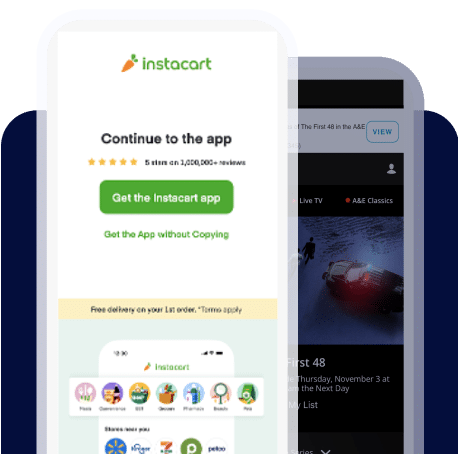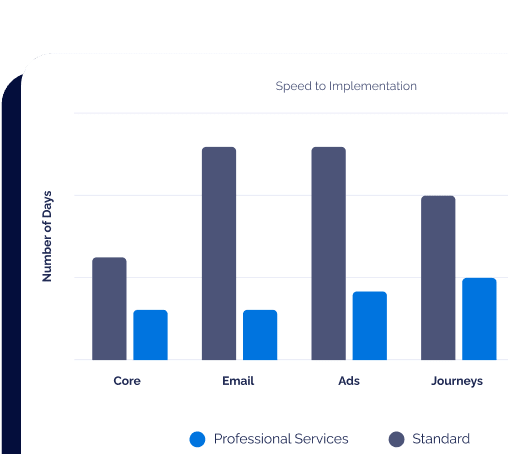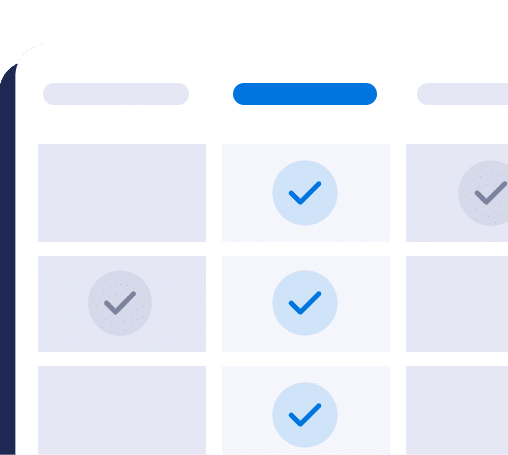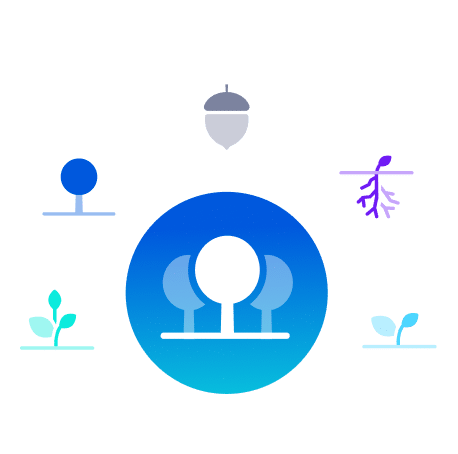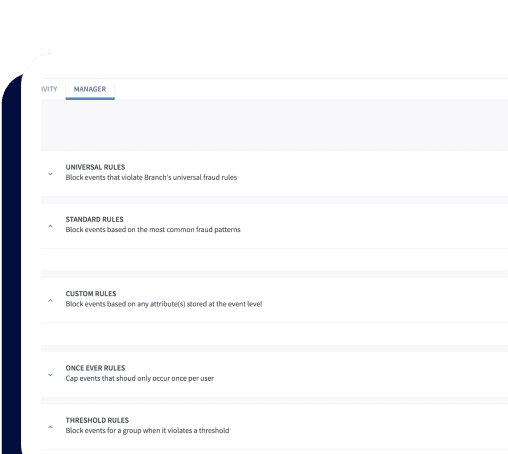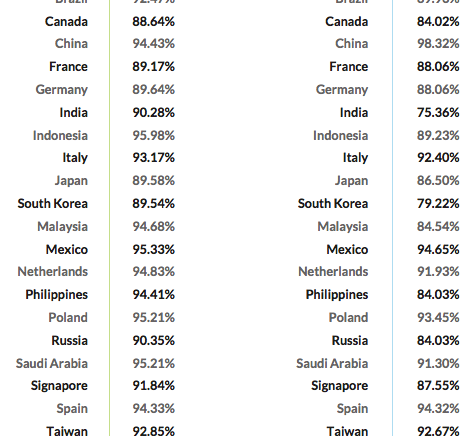This article was originally published on the TUNE blog. Branch acquired the TUNE Attribution Analytics product in September 2018, and we have republished select pieces of content for the enjoyment of Branch customers. This post was written by John Koetsier, formerly of TUNE.
Paid app installs boost organic downloads by 1.5X across the board. But in some categories, the boost is as high as 17X. Both have serious implications for your mobile strategy.
Mobile marketers know that some of their app downloads are “free,” right off the App Store or Google Play. And some are paid — the result of an ad campaign. The question is: how do the paid impact the organic?
We decided to find out.
First: organic downloads really, really matter
It really is almost impossible to overstate the importance of organic installs.
As we discovered in analyzing 400,000 GBs of marketing data, more than 90 percent of global app installs are organic. That’s absolutely massive, and it’s data from apps that for the most part are being actively marketed.
The question, of course, becomes: what is organic?
Organic is not free, and organic does not mean un-marketed. Many mobile publishers promote their apps via owned and earned social channels, for instance. That’s organic. Others promote their apps via search engine optimization, or email lists, or public relations activities, all of which are organic. Most engage in app store optimization techniques to increase their ranking in Google Play or the App Store: also organic.
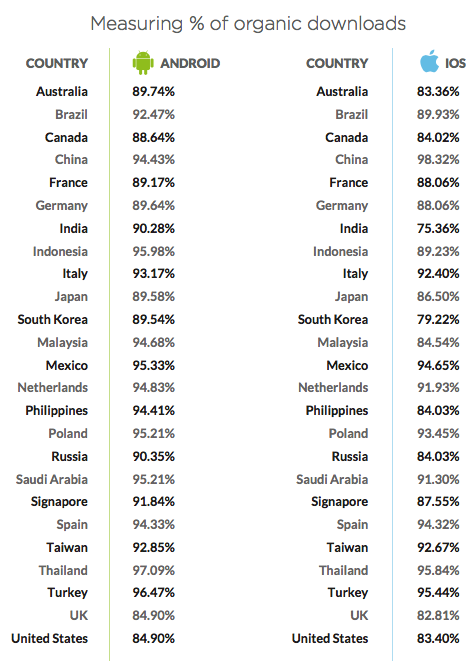
Simply put, organic downloads include any installs that are not primarily motivated and facilitated by a paid ad.
We know organic is huge not just from our data, but also from published statements by companies that ought to know … like Apple. Statements like this one: “65 percent of downloads come directly from searches on the App Store.” Since there’s a certain percentage that come via direct unpaid links on social, search, and other channels, not all of the remaining 35 percent can possibly be paid. Based on our data, we think that about 15 percent come from additional off-store unpaid channels, and about 10 percent is via paid app install campaigns.
What does this mean?
Simple: ignoring organic and simply trying to grow via paid mobile user acquisition is a fool’s game. The best of the best, like Machine Zone and Supercell, succeed largely due to massive paid user acquisition, but even they don’t neglect organic.
Second: Paid feeds organic
It’s not a shock that paid user acquisition feeds organic app installs. What has often been a mystery, however, is how much. And why. The how much is fairly easy to determine. Since TUNE helps thousands of top app publishers manage their mobile marketing, including app install campaigns, we can see a clear correlation between paid and organic.
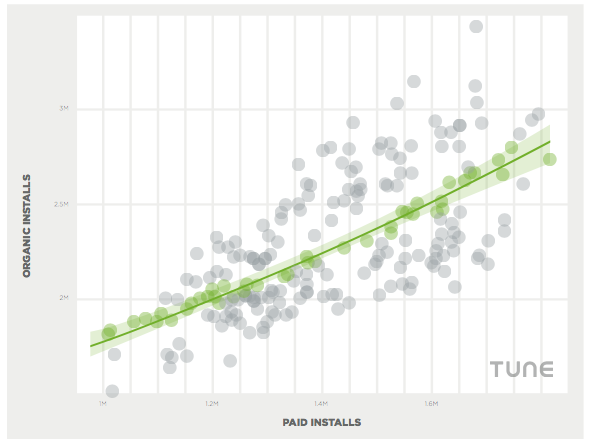
For every paid install, apps get an average of 1.5 additional organic installs.
That’s data that the TUNE Marketing Intelligence team found by analyzing the relationship between paid and organic installs for literally thousands of mobile publishers over a long period of time: 245 days. The finding is at the 95 percent confidence interval, which means it’s very reliable.
Third: Paid boosts organic up to 17X
The effect is not constant across all categories, however. Some categories see a massive boost, while others a very, very slight jump.
On Android, it’s completely clear that while some categories do very well, such as casual games, word games, and especially racing games, others do not. Tools, strategy, and shopping categories get weak organic boosts. The biggest assist, however, is for transportation, which sees an absolutely massive 16.6X boost of organic installs for each paid install.
The reasons are fairly obvious:
- Some apps are inherently social in nature. Racing games and word games, for instance, are often multiplayer games. So you’re going to share them with your friends in order to play them together, and one install easily becomes five, or 10, or 15.
- Other apps are inherently game-changing. Lyft, for instance, disrupted entire industries, and changed the user experience of transportation so drastically that people who are new to the service have a hard time shutting up about them.
- Some apps capture the zeitgeist of a nation or a planet, and get huge amounts of social, news, and public relations love that create an upswell of installs that follow an initial paid kickstart. Probably the best recent example is Pokémon Go, but Clash Royale by Supercell is another case in point.
- And perhaps most importantly, when Google Play or the App Store start to see a consistent, broad-based, and persistent-over-time uptick in the number of installs of a particular app, that’s one of the most important ranking signals that gets your app higher in the listings. Higher in the listings means more organic installs from people browsing or searching for apps, and a higher organic multiple.
But: organic reaps dividends for months
The best thing about organic? It pays dividends, because it is earned and owned, not paid.
Organic is not free, as we mentioned above. It does, however, have long-term impacts that you simply can’t get from moment-in-time paid campaigns. Improvements you make to app store optimization, investments you make in search and social, and other ways of bumping organic installs continue to return results for weeks and months. You do have to amortize those investments and there is a law of diminishing returns over time without further inputs and updates, but the impact is not ephemeral.

